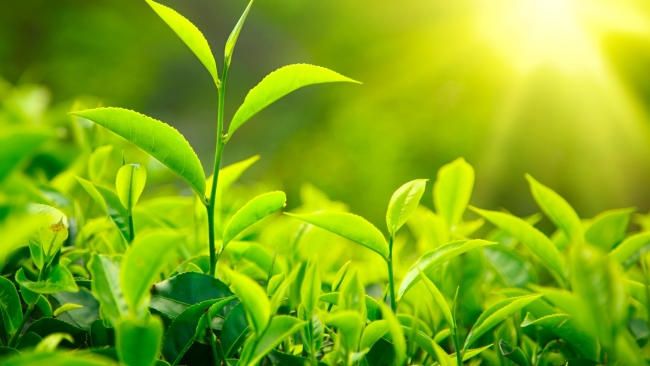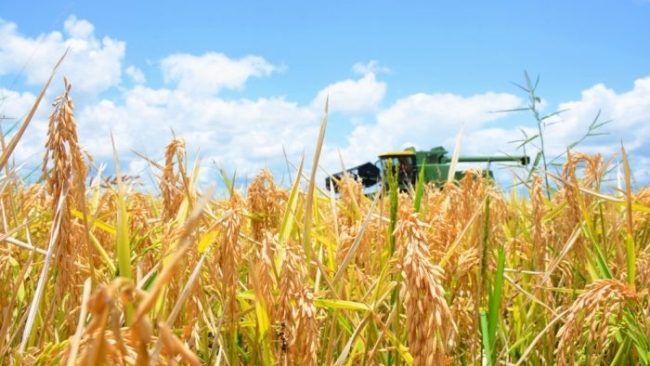Plants won't boost global warming as much as feared: study

Vegetation will release far less extra carbon dioxide in a warming world than previously assumed, giving humans a bit more room in the fight against climate change, scientists reported Wednesday in Nature.
Despite this good news, efforts to curb greenhouse-gas emissions must still be stepped up to avoid dire climate impacts, the researchers cautioned. Earth's plants and soil microbes absorb and exude huge quantities of heat-trapping CO2, the main driver of global warming.
Over the course of a year, land-based flora emit—in a process called respiration—117 to 118 billion tonnes of carbon into the atmosphere, six times as much as humans release by burning fossil fuels. At the same time, through photosynthesis, they soak up about 120 billion tonnes.
This two-to-three billion tonne surplus makes the terrestrial plant kingdom a "net sink" for CO2 that removes up to 30 percent of human-generated carbon pollution from the air. But there's a problem: when air temperatures climb, plants start to "exhale" extra CO2 with no change in the amount absorbed.
"All it would take is for global respiration to increase by three percent to shift the land surfaces from a 'sink' to a 'source'," Peter Reich, lead author of the study and a professor at the University of Minnesota, told AFP.
Earlier experiments had shown that leafy trees exposed to a temperature increase of three-to-four degrees Celsius (5.4 to 7.2 degrees Fahrenheit) would quickly begin to pump out an additional 20 percent of carbon dioxide or more.
Source: Phys.org
Thu 17 Mar 2016 at 07:34





